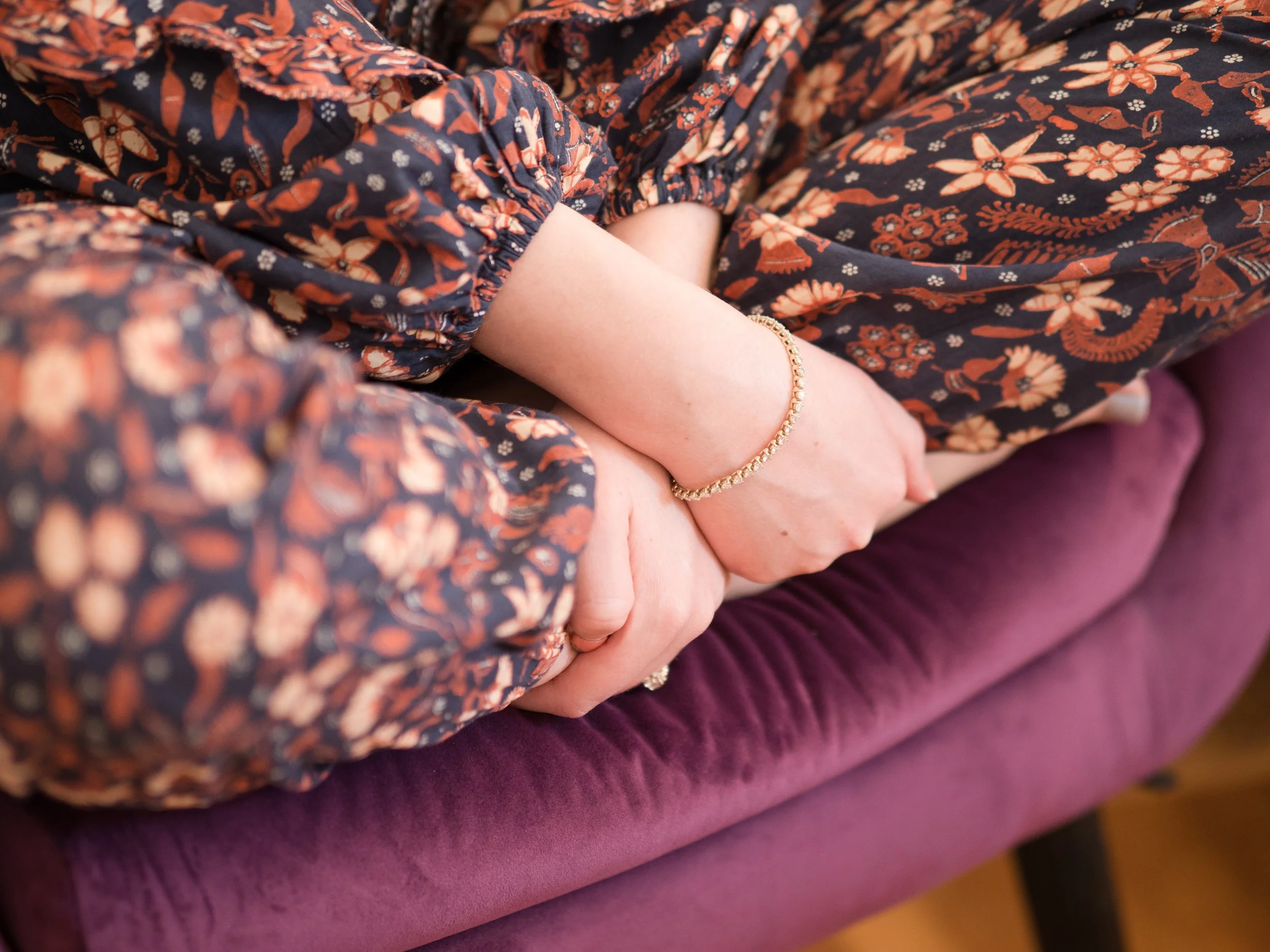
Emotional Wellbeing
Common emotional issues treated with acupuncture and Chinese Medicine include:
Depression
Stress reduction
Insomnia
Eating disorders
PTSD
Post-partum depression and anxiety
Chinese Medicine offers an opportunity to improve your mental and physical health and help you understand how your symptoms are related. With a strong treatment focus on the connection between emotions, stress, trauma, and physical pain, acupuncture effectively addresses general health, emotional, and psychiatric concerns. Acupuncture is a “root and branch” medicine, meaning it treats the symptoms of a disorder as well as its underlying cause.
In Chinese Medicine theory, emotions and mental functions are viewed as components of Qi (the body’s vital energy) and blood. There are acupuncture points along meridians located all over the body that affect the brain and mental activity. The goal of treatment is to correct the movement of qi and blood in the meridians and bring balance back to the mind, body, and spirit.
Acupuncture induces a relaxation response, has been shown to affect the nervous system, and positively impacts neurotransmitter activity. Acupuncture can also help regulate the hormones, immune system, digestion, nutrient absorption and metabolic activity as well as modulate the body’s inflammatory response, all of which, when impaired, can influence one’s emotional wellness.
Auriculotherapy and the NADA Protocol
Ear acupuncture, or auriculotherapy, is based on the principles of Chinese Medicine and is especially effective in the treatment of addiction, mood disorders, PTSD, and pain. The National Acupuncture Detoxification Association (NADA) developed a 5-point ear acupuncture protocol specifically for the treatment of addiction, which is used by more than 2,000 drug and alcohol programs today. We offer ear acupuncture to those struggling with addiction or an emotional crisis.
While acupuncture will not, of course, change the circumstances of a person’s life, it does provide a foundation for recovery and rehabilitation, in addition to empowering the individual to create change. Acupuncture can work synergistically with other behavioral therapies.
